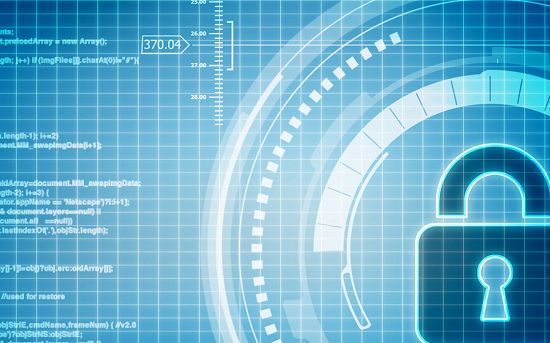EDR Full Form - Endpoint Detection and Response (EDR) is a solution that allows enterprises to monitor, detect, and fight cyber attacks as they happen within the network. However, now more than ever, businesses need to have stricter protection, especially now that more endpoint devices outside the network are used to work remotely.
This is where managed EDR, a more refined concept of EDR, comes in.
Why Does Your Business Need EDR?
It is a managed security service that provides organizations with a technically strong team of analysts and experts who review EDR data. They also determine which information is helpful and not, allowing the EDR tool to deliver more efficient and accurate findings in reporting threats, malicious activities, and attacks. This team is also assigned to configure an organization's EDR to respond accordingly to identified threats.
Through this service, your company gets an opportunity to benefit from IT security professionals without having to hire them directly in your team. In addition, it gives you an extra layer of confidence that your network is safe from attacks, which might compromise your service and production, resulting in lost revenue.

However, before you can fully understand why your business needs to have a managed EDR (MDR), you must first learn the basics.
What is EDR in Managed EDR?
EDR Full Form - Endpoint Detection and Response (EDR) tools provide continuous monitoring and collection of endpoint data, enabling businesses to watch out for malicious activities happening within the network. Once it detects a threat, it alerts the security team and quickly responds to the possible attack.
The primary functions of an EDR solution include:
- Monitor and collect activity data from endpoints
- Determine which data might indicate a threat to security
- Analyze this data and identify its threat security patterns
- Automatically respond to the identified attack, possible threat security, or malicious activity
- Remove or contain the threat
- Notify the security team
- Analyze threats to security to learn the behavior of the suspicious activity
EDR Full Form - Endpoint Detection and Response However, EDR solutions collect vast quantities of data, which might be too much for your in-house security team. In addition, if you are a medium to large-sized company, its data storage requirements might be overwhelming and too expensive for your business.
Moreover, it requires the help of a professional, which means that your in-house security team might not be able to focus on their core tasks, as they have to respond to attacks detected by the EDR tool.
What is Managed EDR?
Meanwhile, if you want to save your in-house IT team from spending too much of their time, effort, and resources monitoring your EDR tool, then it's wise to choose to have managed EDR.
As they have experts working for you, this service can improve your ability to detect and respond to threats currently present within your network. In addition, they can help enhance your security through the following:
- MDR (Managed detection response) is more concerned with threat detection than compliance
- Their services are integrated into your business by using their tools and technologies
- It is highly dependent on security event management and advanced analytics
- It is associated with incident validation
- It can respond quickly and accordingly, even if the attacked endpoint device is located away from your premises
Why Choose Managed EDR?
An MDR is a collaboration between two professional teams. An MDR service can deliver comprehensive knowledge and experience in types of threats. They can expertly mitigate threats, and they know the most efficient detection and the best-automated response your business should use.
It also provides your organization with a complete picture of what is happening within your network. Meaning, it lets your team identify which endpoint is the most vulnerable to threats.
Here are some of the benefits of Managed EDR:
- Improved detection capabilities
- Ability to identify threats beyond traditional preventative security
- Can find the root cause of attacks quickly and effectively
- Actively looking out for threats or activities with suspicious behavioral patterns
- Separates infected hosts from a network
Difference Between Managed EDR and a Traditional Antivirus
With cyber-attacks becoming more sophisticated, a traditional antivirus isn't enough to keep up with cybercriminals.
One of the most critical reasons IT security experts choose MDR (Managed detection response) over endpoint antivirus is its ability to protect a network even against unknown threats, zero-day threats, file less and signatureless malware, phishing attacks, and drive-by malware, and other sophisticated attacks invented today.
On the other hand, endpoint antivirus software can only fight known malware and threats included in a database of your device's known attacks or risks. Hence, when a more sophisticated or new threat occurs, it might successfully harm your device or your entire data.
Key Takeaways - Xcitium's
Organizations must level up their protection against cyberattacks, targeting endpoints. To make this possible, they need to take advantage of managed EDR services, which can protect their entire business 24/7 against threats that might disrupt the company.
At Xcitium, we have solutions designed to meet unique business situations and needs. Our tools can also detect threats that other providers fail to see as it attacks the network.
Learn more about Xcitium and how it can help you secure your business through managed EDR. Contact us now!
